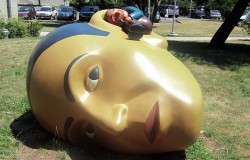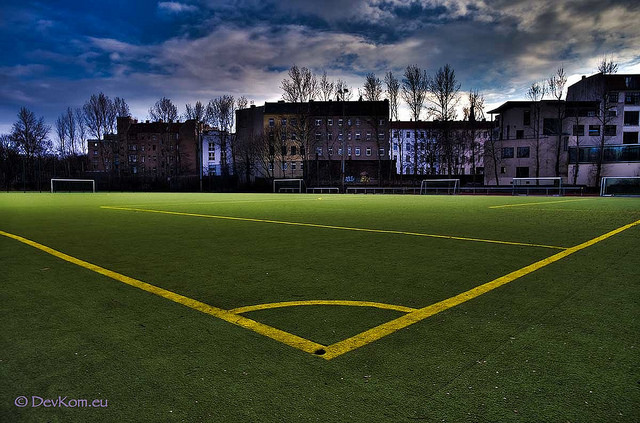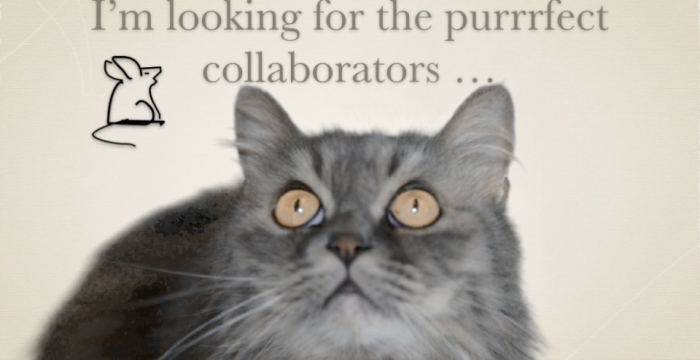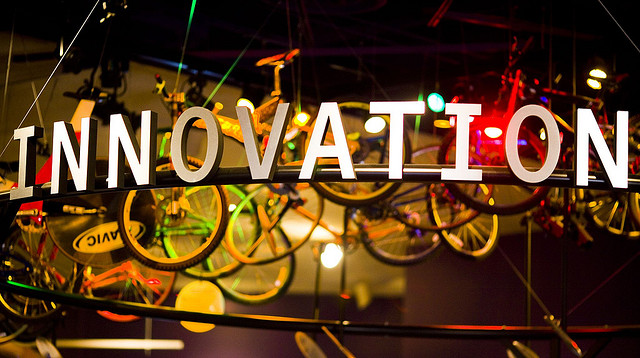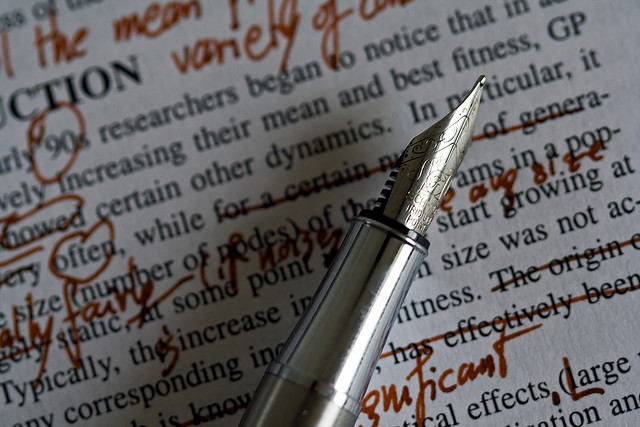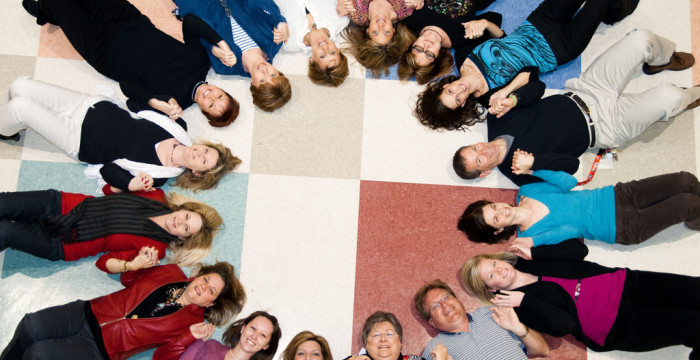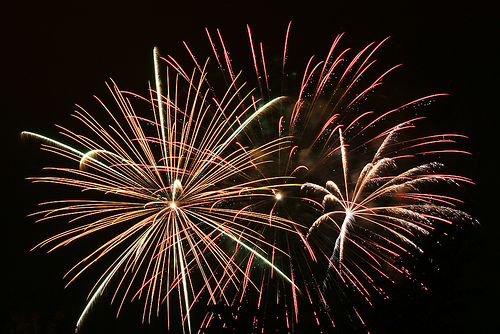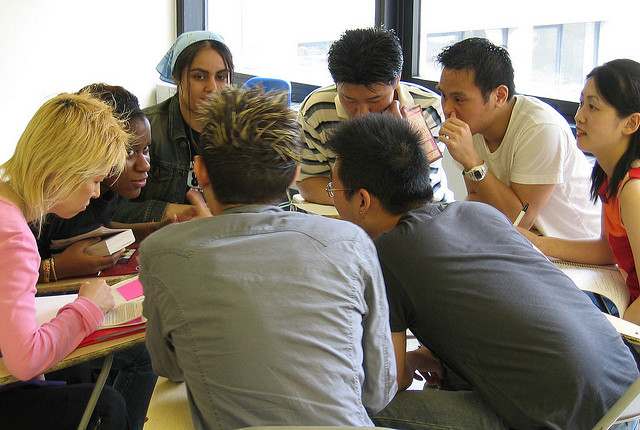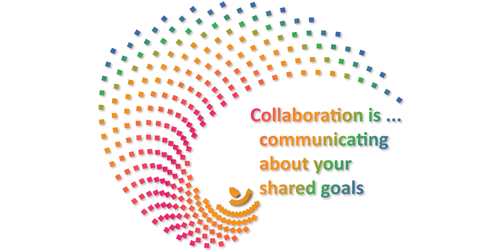You may hear someone say, “I’ve reached my limit!” or, “He has stepped over the line!” They complain about others working on a project—partners, teammates, managers, staff, or leaders—and about other ways of doing things. With compassion, you nod and listen. Conflict is no stranger to any of us. Many people rely on a plan-work-argue-limit approach when working with others on writing or…
Embracing success: Six signs that your collaboration will survive … and thrive
When you are collaborating, it’s a lot like dancing. There are steps, actions, paths, communication, coordination, skills, postures and positions, and it all takes time and practice. How do you know if it will work or not? Today, I’d like to offer you six signs to look for. They are inspired by the dancers in Roberto Blizzard‘s video “Dancing…
Repairing connections in collaboration
When you work with others, you have expectations. Sometimes the connections on the great project tree seem damaged, dried up, brittle and fragmented. The project drags on. You have a deadline. How do you do your job? Questions open the door to deeper collaboration … or not This week, I wrote to a subject matter expert who was assigned as the main information…
Perfect Collaborators
We often have a pretty good idea about who we’d like to work with on a project: people we like, especially folks who have the skills and qualities the project needs but we lack. Yet finding the perfect collaborators is not a cat-and-mouse game. Collaboration is about having a shared purpose. Everyone involved in a project brings a unique perspective and they…
With support, collaboration promotes insight and innovation
Insight is a new way of seeing a problem, a new awareness or understanding. It becomes possible when a problem is first recognized, then addressed and considered in different ways. Insight can lead to discovery and innovation and that is usually a good thing. Writing teams are made up of people from various parts of an organization who…
Hire a professional proofreader to ensure your book is the best it can be
If you are not collaborating consciously, you may want to listen to Doreen Pendgracs. She is a professional writer, editor and proofreader. Doreen recommends that you at least hire a professional proofreader to ensure your book is the best it can be. She is the Wizard of Words and author of a most helpful book on the subject of volunteering on…
How do you know you are writing collaboratively?
If you write in a business context, you are probably writing collaboratively. You might not know it, though. It is important to be sure. It saves a lot of trouble with mistaken assumptions and not being able to deliver. So at what point did you start writing collaboratively? Was it: While you were writing the first draft? After you…
Law 10. Celebrate, then evaluate
Today, I received a letter from a project leader in the mail. I chuckled and got a warm, fuzzy feeling. Here I was, thinking about the tenth and last law of collaborative writing—how important it is to recognize all collaborators and celebrate your collective achievement. Then a thank-you note arrives. (And I did not Photoshop that time stamp….
Collaborative Writing Law 9. Editors, translators, and designers are collaborators, too
Writing teams need editors. Depending on the context, the project might need a translator and some graphic designers, too. In fact editors, translators, and designers are all key collaborators. They offer advice about how specific requirements are best incorporated into the final product. Depending on the kind of editing to be done, there are roles for editors…
Law 8. Collaboration is all about communication and shared goals
We are all familiar with collaboration that fails because of insufficient effort in one direction or another. Here is a a proposal that takes into consideration all the factors at play when a group of people collaborate. The formula I propose shows how to create collaborative success. Yes, there is probably a more complex or correct equation for what it takes to make…

